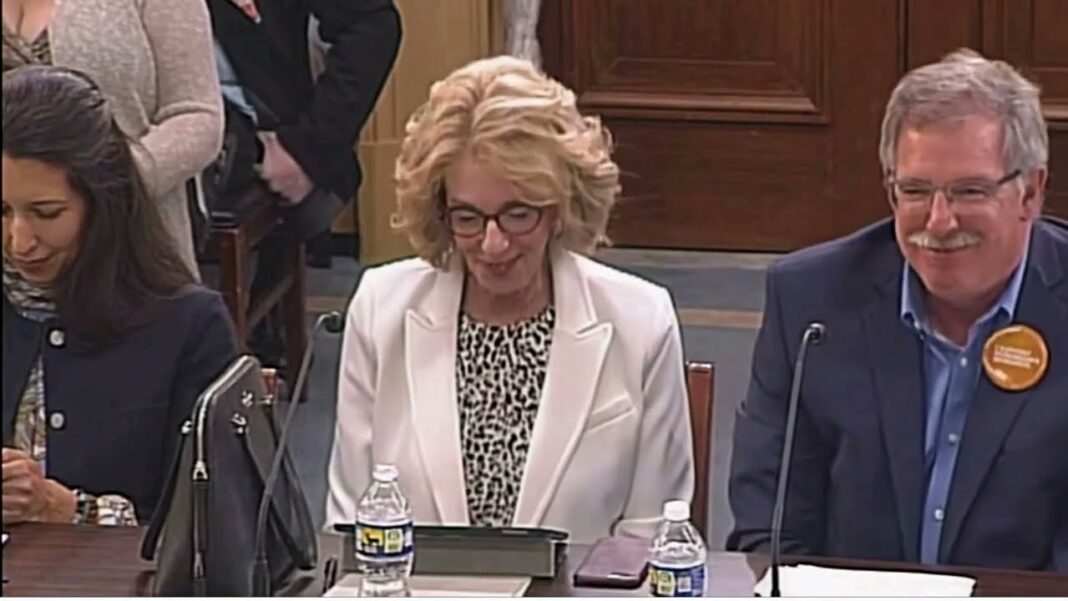The states have been given until Oct. 27 to remove references to ‘gender ideology’ in sex education materials or risk losing federal funding.
A coalition of 16 states and the District of Columbia is suing the Trump administration to keep materials they say “recognize and affirm gender identity” in their federally funded K-12 sex education programs.
The lawsuit, filed Friday in the U.S. District Court in Oregon, is co-led by the attorneys general of Minnesota, Oregon, and Washington.
At issue is an order from the U.S. Department of Health and Human Services (HHS) that prohibits what it calls “gender ideology” in lessons supported by two federal grants: the Personal Responsibility Education Program (PREP) and the Title V Sexual Risk Avoidance Education (SRAE) program. Both are used to teach teenagers about preventing pregnancy and sexually transmitted diseases.
Citing President Donald Trump’s order that no federal dollar should go into indoctrinating children in “radical, anti-American ideologies,” the HHS in August demanded that 46 states and territories remove references to gender identity from teaching materials or risk penalties, including the suspension or termination of funding. The deadline for them to comply with the conditions is Oct. 27.
“Federal funds will not be used to poison the minds of the next generation or advance dangerous ideological agendas,” Andrew Gradison, acting assistant secretary for HHS’s Administration for Children and Families, said at that time. “The Trump Administration will ensure that PREP reflects the intent of Congress, not the priorities of the left.”
The suing coalition argued that the order violated Congress’s spending power, and that terminating the funding through these programs will result in a loss of at least $35 million and will “harm the very populations Congress intended to help.” The coalition members also argued that compliance would conflict with their own laws and policies requiring “inclusive” sex education curricula.
For example, Washington’s K-12 health standards on “self-identity” outline how kindergarteners should “understand there are many ways to express gender.” Oregon similarly requires teachers to use “inclusive materials, language, and strategies that [recognize] different sexual orientations, gender identities and gender expression.”
By Bill Pan








